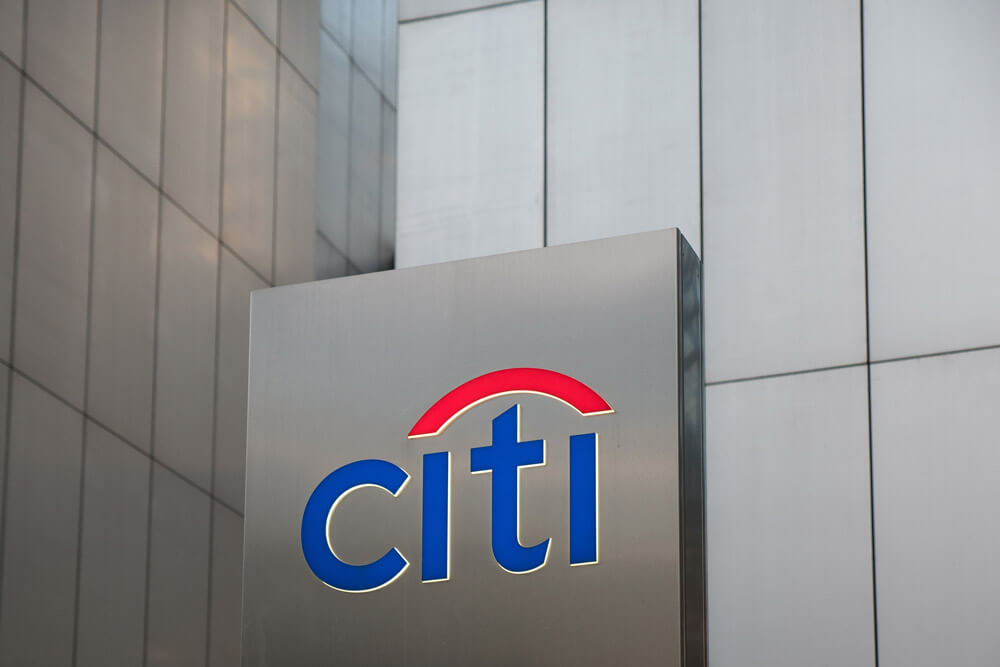Citigroup and Goldman Sachs have performed the very first equity swap over the Ethereum blockchain.
Citigroup and Goldman Reach a Milestone
Such a swap involves one party making a payment to the other in exchange for a return asset. The process is undergoing a period of testing in which an additional 13 organizations will take part. The swap also ensures that each party to engage will have access to the same data, ensuring there are no issues across the board and lessening the chances for error.
Greg Schvey, the 33-year-old founder of Axoni – who’s technology is being utilized to ensure the swaps go well – commented in a statement:
When there is a break, and it could be something as silly as keying the wrong payment dates and accruing interest differently, each party has to go back into their data sets and spend hours or days digging through huge chunks of data, and now we can show you that instantly and in a way that both parties have full visibility into… The ability to have synchronous, peer-to-peer processing of data between institutions and have databases natively speaking to each other is just a huge first step toward the future that I think a lot of people have been looking for in capital markets infrastructure, and for these huge firms that we’re working with – and then I’d argue for probably most of the world – this is a pretty substantial advancement toward that path.
Under normal circumstances, swaps of these nature typically require weeks, if not months to complete. This is because large companies – such as Citigroup and Goldman Sachs – require large teams to ensure each step is correct and thoroughly done, as one slight misstep could set the entire process in reverse. This new technology removes any need for “excessive monitorization.”
Schvey continued to say:
If you look at most of the large dealers, they’ll have hundreds of people in their confirmations group and reconciliations group. These are massive operational teams, spending a huge amount of their time just figuring out where things went wrong.
Getting Rid of Excess Baggage
Puneet Singhvi – Citigroup’s head of finance market infrastructure and blockchain – added to these words, expressing what the new process is designed to replace and how things become simplified when transferring equity or other assets:
What you’re really replacing is phone calls, Excel spreadsheets, emails, etc. If you have disputes, the sooner and constantly concerned you are, the less risk you have from an operational and financial perspective.
The only problem is that according to the International Swaps and Derivatives Association (ISDA), the data that’s housed on blockchains is not appropriately labeled, and thus it’s unclear what regulations apply to it. The organization is now working with blockchain startup R3 to develop a clear and common set of rules that can be applied to such swaps in the future.



